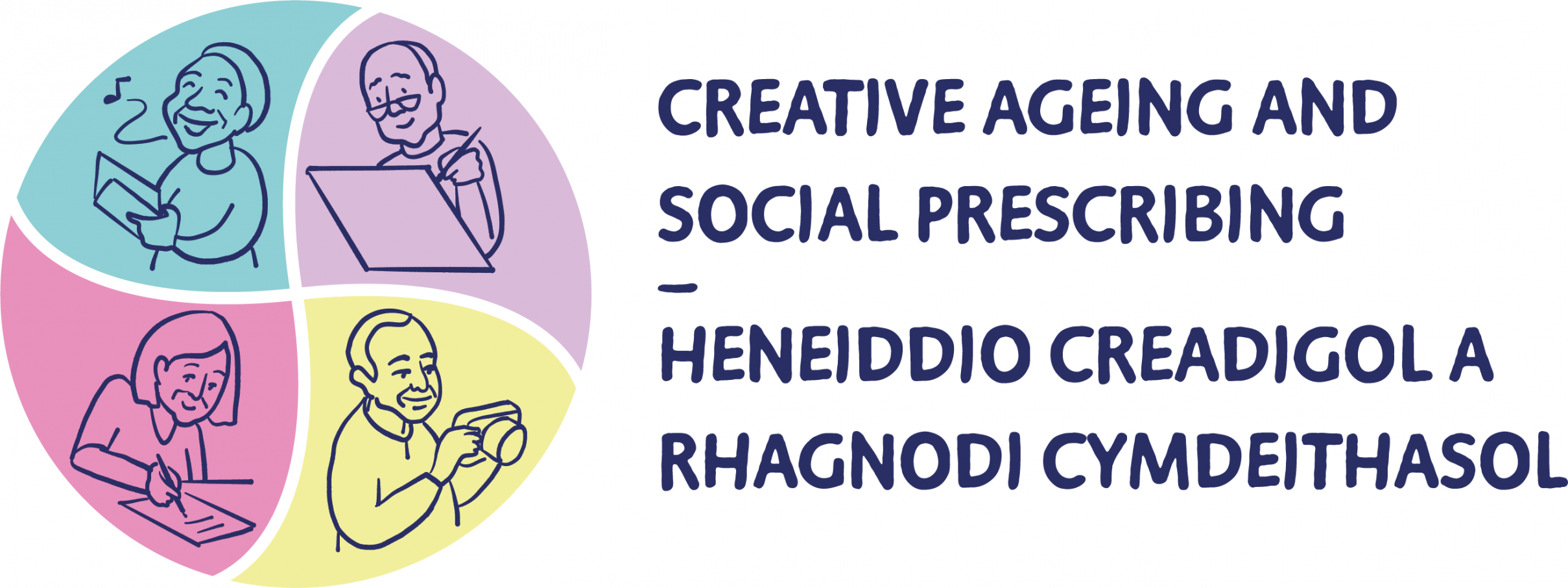Case study: Sub-Sahara Advisory Panel, in conversation with Helida Ramogi
28 March 2024The Sub-Sahara Advisory Panel (SSAP), established in 2009, emerged from the collaboration of various African diaspora groups in Wales. Their aim is to leverage their collective experience, skills, and knowledge to address issues affecting African communities in Wales and Africa.
The Jamii 2 project, a continuation of the successful Jamii 1 initiative, focuses on improving the health and wellbeing of African communities in Wales. Jamii 1 addressed the disproportionate impact of the pandemic on the Welsh African community by tackling its root causes from a health and wellbeing perspective. Jamii 2 continues this work, bringing together Black-led organizations and charities with deep community ties. Led by SSAP, the consortium includes the North Wales African Society, Jukebox Collective, and Soel Connect, with strong connections to African and Black communities throughout Wales.
The term ‘African community’ encompasses both the African diaspora and Black Welsh individuals of African descent. This vibrant community is characterized by diverse cultural backgrounds, multilingualism, and resilience. Members include healthcare professionals, workers, students, refugees, asylum seekers, children, and the elderly. Jamii 2 celebrates and builds on this resilience, fostering recovery and growth by leveraging cultural strengths and communal support.
Experiences of inequality and racism have led to a distrust of healthcare services in our community, often resulting in reluctance to seek mental health support. Mental health issues are seldom discussed and can carry stigma in many African and Black communities. Overcoming these barriers requires a community-driven approach.
Jamii activities include but are not limited to physical exercise, photography, “safe space” – a place to be real and talk, nutrition classes. The activities evolve around the needs of the community.
‘Jamii’ means community, and this project builds on the strength of African and Black communities in Wales—our sense of unity and mutual support. The project embraces the African principles of ‘Ubuntu’ and ‘Harambee,’ which emphasize cooperation and collective effort. This sense of community extends to cultural, economic, health, and emotional support activities.
——–
Jamii 2 researcher Carol Adams spoke to SSAP founding member Helida Ramogi and asked her to reflected about her experiences engaging elders from the African diaspora in Wales in creative and cultural activities throughout the years.
What are some of the preferences of African diaspora elders regarding accessing creative and cultural activities in Wales?
African diaspora elders are a diverse community with varied preferences. It is not a homogenous group. There may be similarities, but these need to be explored with the group. Generally, they may prefer activities that improve interaction and prevent isolation. Examples include:
- Activities that address healthy living
- Sessions on cooking and sharing traditional foods
- African dance
- Celebrations of traditional foods from various African cultures, including learning how to cook them, where to source ingredients, and understanding their health and nutritional benefits
- Activities that link African and Welsh culture
- Exploring clothing styles from African cultures
- Activities that allow participants to give back to their current home in Wales and their African home
Elders appreciate activities specifically targeted to the 50-plus age group rather than activities open to all ages. For example, sports activities for older people or anything specifically designed for that age group. It is important to have a consultation with elders to understand their preferences.
What do African diaspora elders value in SSAP activities?
They value that SSAP activities provide a space where they can find people who look like them and where they can express themselves without fear of judgment. This inclusivity ensures that their voices are valued and listened to. The activities help reduce isolation, improve mental health, and offer opportunities to meet people from other Black cultures, thereby expanding their networks. They also appreciate the chance to learn different things through these activities.
What types of creative activities do they engage in?
- Film screenings
- Art exhibitions
- Dance classes
Creativity means different things to different people. It does not have to be limited to the arts. For some, creative activities might include cooking or growing food in a creative way. Helida engages in all sorts of community events and considers mentoring and empowering others as a form of creativity that she enjoys.
What is your advice for organisations who want to create cultural and creative activities for African diaspora elders?
Consultation is paramount as African diaspora elders are a diverse group. If you create something people have asked for, the response will be favourable. Do not limit the definition of creativity. Ask how they define cultural and creative activities. Give them the opportunity to design, organise, plan, and run activities, not just participate.
Did something not work in terms of engaging older audiences and how did you plan differently in a later project?
- Activities are often promoted via social media, but not all in the over-50 age bracket use social media. Are there other ways to reach this age group?
- Most SSAP activities are for all ages. When planning events, consider the age group you want to include/attract.
- Consider developing projects with an intergenerational aspect. For example, the Madaraja/Pont/Bridges project appears to be just for youth. Could it have included an intergenerational aspect?
- When promoting activities, consider the language used. Can it be changed to encourage more older people to engage?
- Consult with elders and plan activities with them to ensure their engagement
